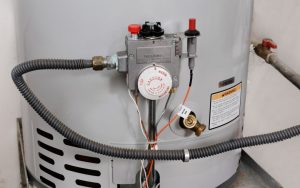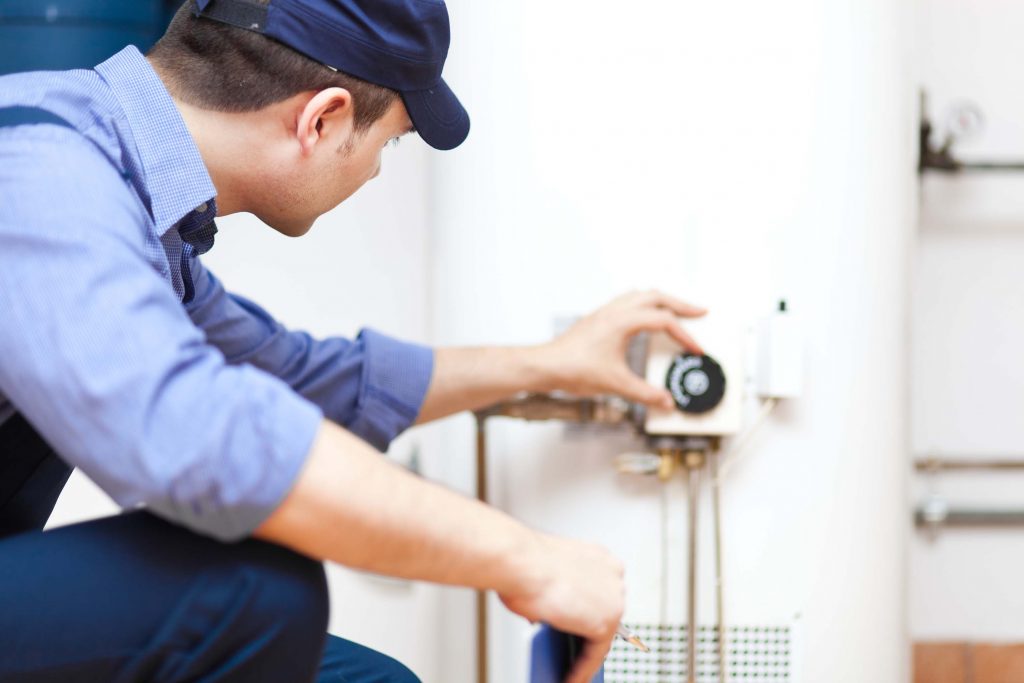
Are you planning to replace your old hot water heater and discuss whether a regular or tankless system should be available? It’s no secret that a tankless water heater can cost 30-50 percent more than a storage model, especially if you factor in the much higher installation cost of tankless devices.
At the same time, it is claimed that tankless heaters are more convenient, more powerful, more energy-saving, and many other advantages that seem very attractive. Let’s take a closer look at whether the extra cost is really worth a tankless water heater with all its pros. To get started, let’s compare how much you would spend on a performance tankless system versus a storage version.
Storage style hot water heater starts as low as $300, average around $700-900, and high-end models cost as much as $3,000+. For high-end models, tankless (on-demand) heaters start at around $800 and go as high as $3,000. Naturally, storage water heaters cost less at the low-end, but mid-range and high-end systems cost about the same as tankless heaters.
Installation costs
You have to compensate for the difference in installation costs in addition to the price you would pay for the unit.
It turns out that the difference is enormous: for about $350-450 you can have a storage water heater mounted. The installation of a tankless heater, however, will set you back at least $1,200-2,500, as complex plumbing and electrical work is needed. However, if you need to completely retrofit your house to install a tankless water heater, you’re looking at installation costs of around $4,000-5,000.
That means you will still spend at least an extra $1,000 on installation even if you charge the same price for a tankless hot water heater as you would for a storage version.
Energy savings from a tankless hot water heater Did you know that 30% of the energy budget of an average home is spent on heating water? It causes many homeowners to search for ways to cut costs, and one alternative is to install a water heater that is more energy-efficient.

Compared to gas heaters in the form of tanks, gas heaters on demand are around 22% more energy efficient. If only 40 gallons of water or less per day were used by your family, the tankless system could be as much as 24-34 percent more energy-efficient than a traditional model.
How much is your Hot Water Heater putting back in your pocket?
Research shows that a tankless water heater’s 22 percent higher energy efficiency is equivalent to an annual savings of about $70-80.
When you find the cost difference of $1,000 estimated above, saving at a rate of $80/year would mean that only in 12.5 years can you recover the cost of the tankless heater.
By fact, research shows you’d recover that cost in about 22 years because the price difference for these heaters is typically more than $1,000 and you’ll spend more over the years on maintaining a tankless versus storage model. Keep in mind that most tankless systems have a life expectancy of about 20 years or more.
From this, you can collect that a tankless water heater will most likely end its service life BEFORE you will recover the high initial cost of saving energy.
You should note that most tankless water heaters for gas (not electric) are eligible for a state tax rebate (around $300). Test your position for the criteria and discount rates.
Electric Tankless Models
They are even less than gas-powered devices if you equate the savings from conventional vs. tankless electric models. On average, electric tankless heaters save just $44/year more than tank-style models, according to the U.S. Department of Energy.
Thinking Beyond Financials
Clearly, if you’re thinking purely about the dollar amount, getting a tankless hot water heater (especially if you’re on a budget) doesn’t make sound financial sense. Nevertheless, most people still buy them and enjoy them for a variety of different reasons:
longevity: a tankless water heater lasts 20 + years, while a conventional device only lasts 8-12
Longer Warranty period: most tankless models come with a 15-year warranty, while regular ones come with a 6-year warranty.
Compact design: hot water heaters without tanks give a compact design that saves energy. It allows installation in different areas of the home to be more versatile. It may even be mounted outside, in fact. In contrast, storage models are much smaller, requiring a dedicated large house room (usually the basement).
Endless, On-Demand Water: one of the biggest selling points of tankless water heaters is to have hot water when you want and whatever you want. Nonetheless, before you presume that you will always get this amount of water supply, you must carefully consider your water use and household size.
If you have a very large household and/or regularly use the shower and other facilities that concurrently need hot water, your tankless water heater may not be up to the task. You may consider installing two tankless heaters to meet the high demand depending on how much water you need, but this will obviously cost a pretty penny. Consult with Btown Plumber or your local plumber if you are interested in a hot water heater.